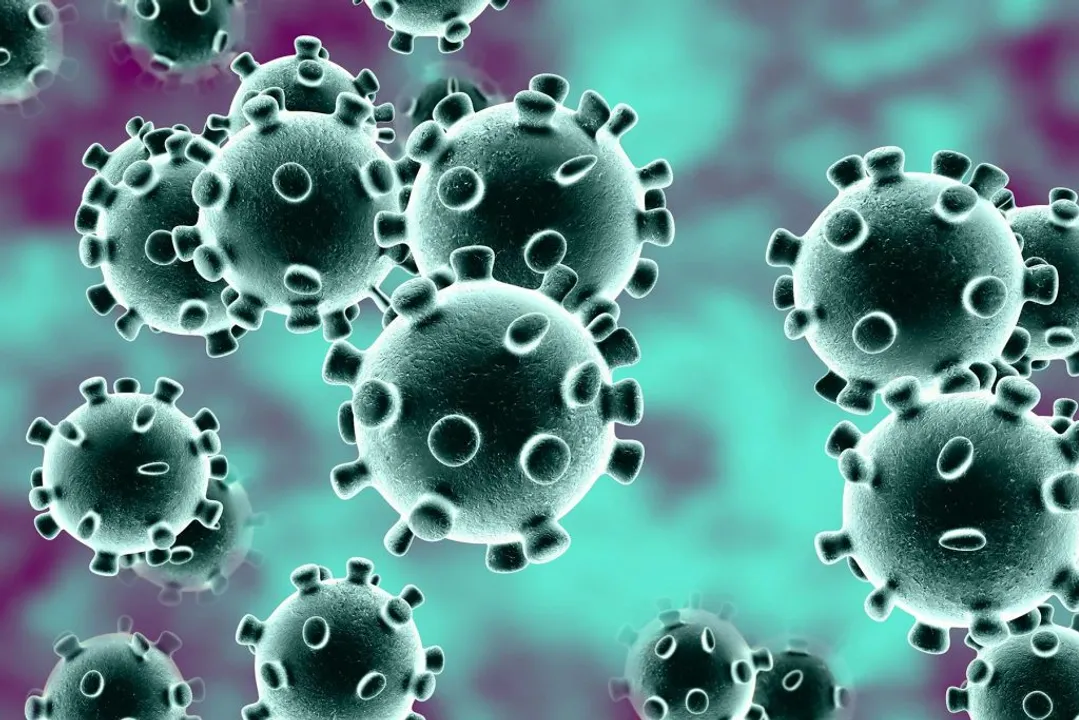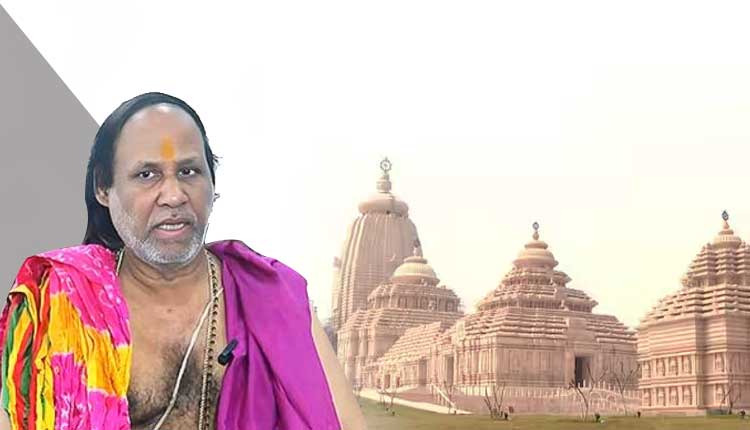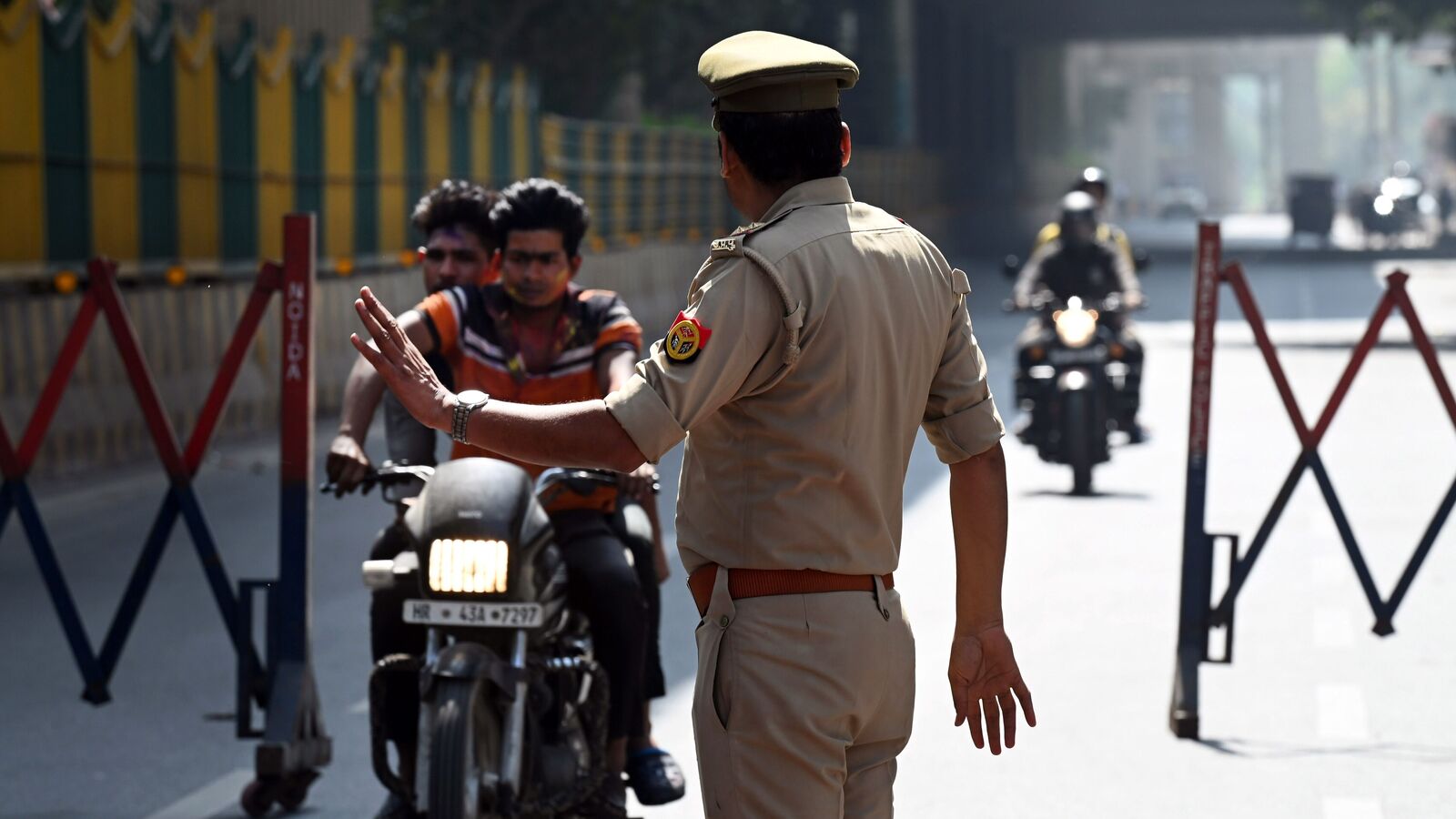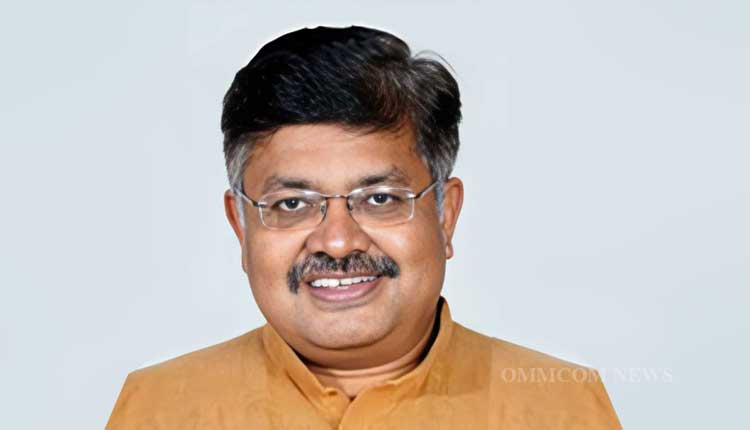Bhubaneswar( Agency) : The Odisha Government today reported two new COVID cases in the State, taking the total number of confirmed infections to seven. Previously, five individuals—four from Bhubaneswar and one from Khordha—tested positive.
Officials of the health and Family Welfare Department stated one more case could be added soon, as the RT-PCR test result of a suspected patient is awaited. The individual’s antigen test has been found to be positive for COVID.
Officials reassured the public all confirmed patients are in stable condition and recovering well. They urged people to remain cautious but not panic, as the current variant has not caused any severe symptoms in those affected so far.
The State Government has already received COVID management guidelines from the Centre and is implementing them accordingly.
Among the earlier confirmed cases is one female patient, the department added.
The number of SARS-CoV2 infections in the country has risen to 2,170. As many as 511 new cases were recorded from the previous day, according to the latest update by the Health Ministry on Saturday.
Meanwhile, 255 patients were discharged or migrated in the last 24 hours, indicating an improvement in recovery.
As per the data, the number of deaths across multiple states, since January 1, 2025, surged to 22.
Kerala with 1,147 cases is the worst-hit state, followed by Maharashtra (424), Delhi (294), and Gujarat (223).
The highest number of deaths have been reported from Maharashtra (7), followed by Kerala (5), and Delhi (2).
Meanwhile, 255 patients were discharged or migrated in the last 24 hours, indicating an improvement in recovery.
The cumulative number of recovered cases since January 1 stands at 1,170. Kerala (72), Delhi (77), and Maharashtra (34) contributed the highest number of recoveries on the day.
So far, the World Health Organisation (WHO) has not classified either LF.7 or NB.1.8 as Variants of Concern (VOCs) or Variants of Interest (VOIs).
While these variants may have the capability to evade immunity, there is currently no evidence to suggest they could cause severe long-term infection.
Common symptoms associated with these variants include fever, runny nose, sore throat, headaches, fatigue, and exhaustion.
Recently, Dr. Rajiv Bahl, Director General at the Indian Council of Medical Research (ICMR) assured the country that there is nothing to worry about as the infections are not severe.
Bahl also assured the Government is actively monitoring the cases.
At the same time, he stressed the need for “increasing vigilance, and to be prepared” in case of a surge in cases. (With agency inputs)




